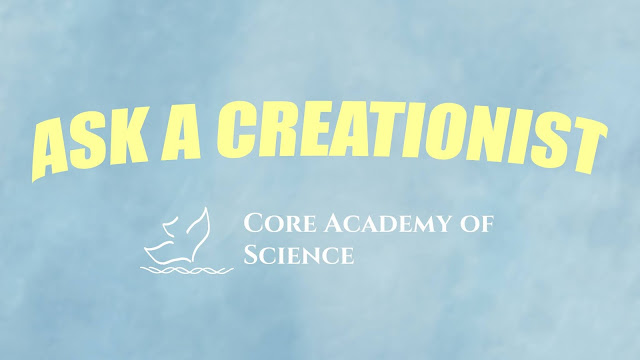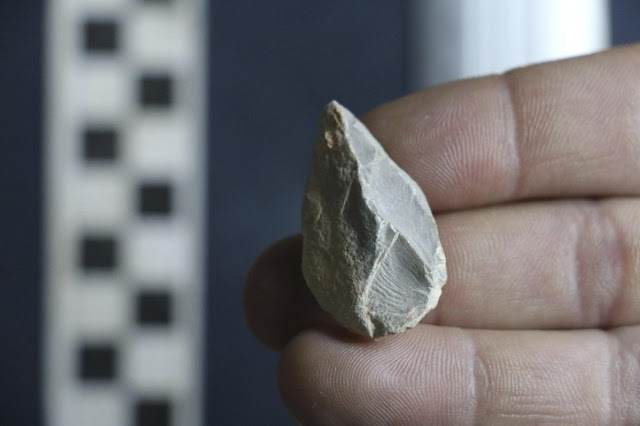Dig this: A new hominin site!
Lee Berger updated his Facebook yesterday with the announcement that a new hominin site would be excavated more or less publicly online. Here's the announcement: And here is the directly link to the Youtube video, where you can subscribe to the Fossil Vault channel to get regular updates. I continue to be amazed by the density of these fossil finds in South Africa's Cradle of Humankind. Here's just the local neighborhood around UW 105. Rising Star is famous for the Homo naledi fossils. Swartkrans is known for fossils of Homo ergaster and Homo habilis and the earliest evidence of fire use. Sterkfontein is possibly the most famous of these sites due to a rich history of fossil discoveries, including the recent Little Foot skeleton. Excavations at Kromdraai also extend back decades with finds including bones of Paranthropus as well as Acheulean stone tools. This new site is going to be fun to watch! Feedback? Email me at toddcharleswoo...












